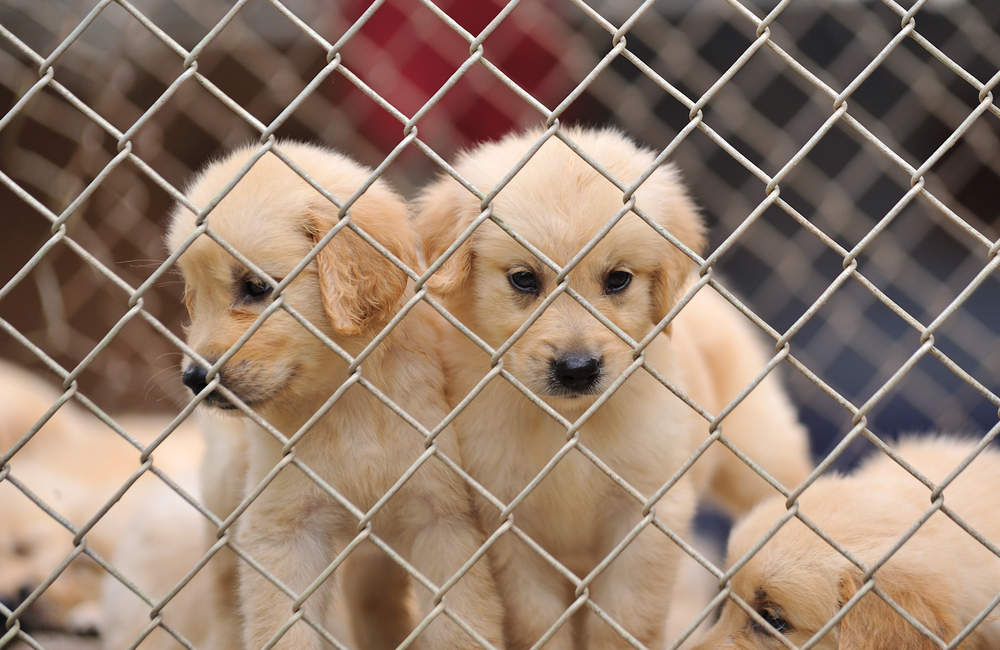
A law banning puppy and kitten farming is to be laid by the government. This law hopes to end the practice by breeders keeping animals constantly pregnant and often in dirty, cramped conditions.
It is expected to come into force in April 2020, it will mean young cats and dogs can no longer be sold by a pet shop or commercial dealers unless the buyer deals with breeders directly. The RSPCA said it was “absolutely thrilled” with the legislation but said it will require enforcement.
The new law means the animals will be required to be born and raised in a safe environment with their mother and to be sold from their place of birth. Puppy and kitten farming is when the animals are taken away from their mother after only a few weeks which puts them at risk of disease and behavioural issues.
The law is called Lucy’s law, it is named after Lucy who was a Cavalier King Charles Spaniel who died in 2016 after being poorly treated on a puppy farm.
The environment secretary Michael Grove said he wanted to ensure no other animals suffers the same situation. He said that the law will put an end to the early separation of puppies and kittens from their mothers.
“I would like to thank the tireless campaigners and animal lovers who have helped to bring about this positive change,” Gove said. “This is all part of our plan to make this country the best place in the world for the protection and care of animals.”
Gove also said: “This is about giving our animals the best possible start in life and making sure that no other animal suffers the same fate as Lucy.
“It will put an end to the early separation of puppies and kittens from their mothers, as well as the terrible conditions in which some of these animals are bred.”
Marc Abraham, the founder of Pup Aid, which campaigned for the law change, said: “I’m absolutely thrilled that Lucy’s Law is now being laid in parliament and will come into effect from April 2020.
“Lucy’s law is named after one of the sweetest, bravest dogs I’ve ever known, and is a fitting tribute to all the victims of the cruel third-party puppy trade, both past and present.”
The ban is also designed to prevent smugglers who abuse the Pet Travel Scheme to bring young animals into the UK to be sold.
Paula Boyden, veterinary director at Dogs Trust, the UK’s largest dog welfare charity, urged the government to go further.
She said: “We’re pleased at today’s news that a ban on third-party sales is to be introduced in England.
“We would like to see additional measures introduced to ensure the ban is as robust as possible.
“There is time before April 2020 for the government to consider regulation of rehoming organisations and sanctuaries, ensure full traceability of all puppies sold, and strengthening of the pet travel scheme.
“We urge the government to ensure the additional pieces of the puzzle in tackling the puppy trade are put in place as soon as possible to make the ban a success.”